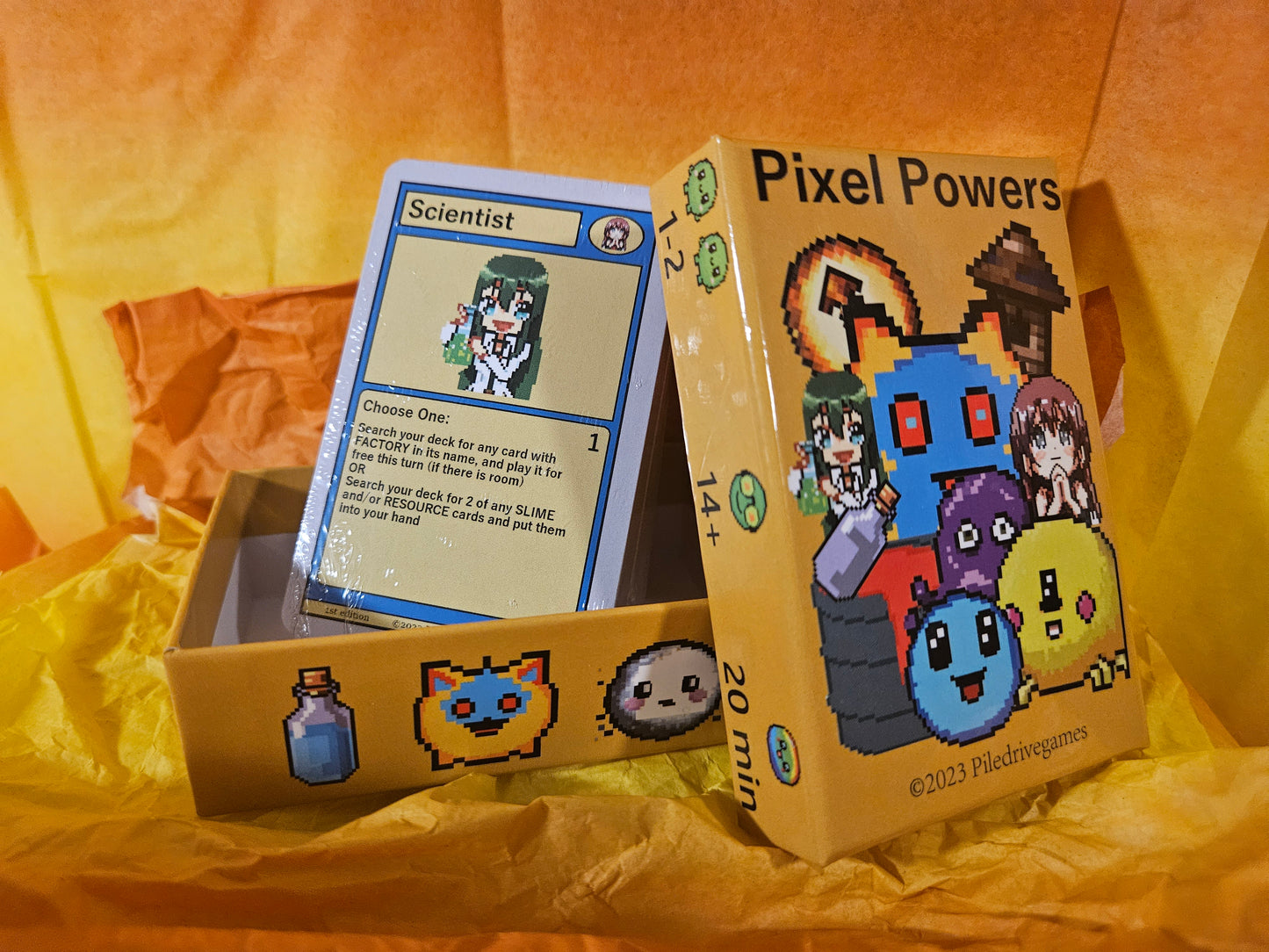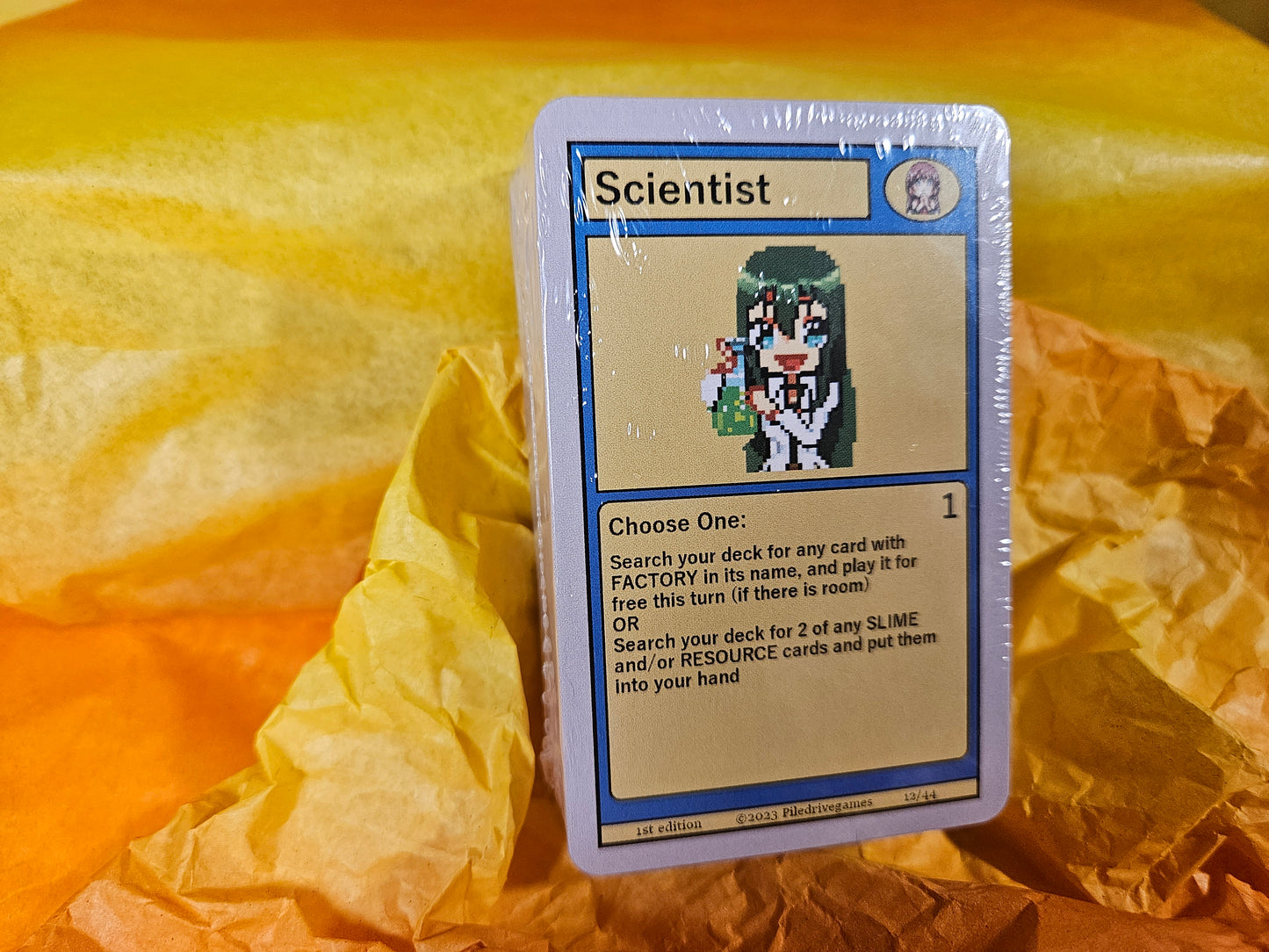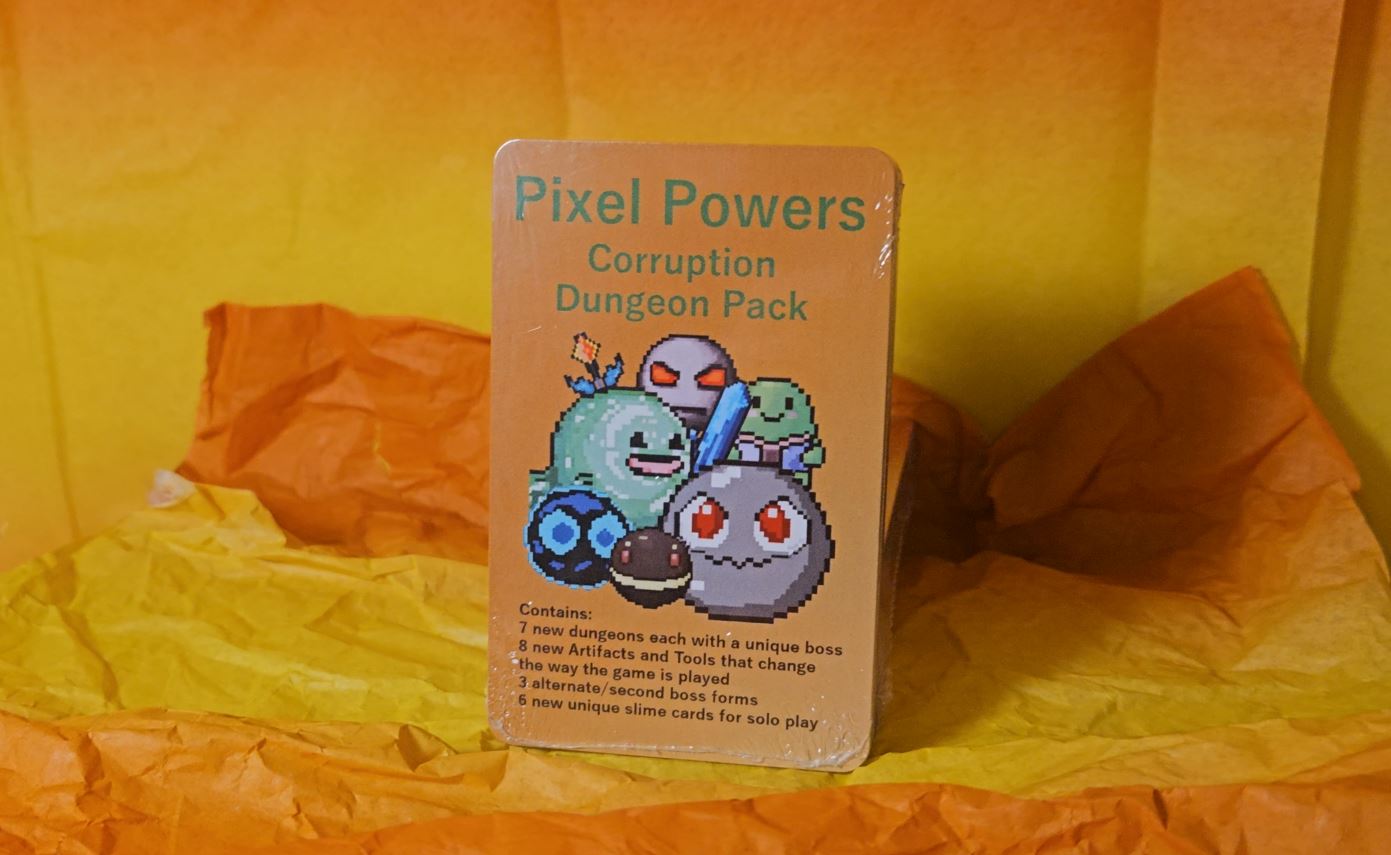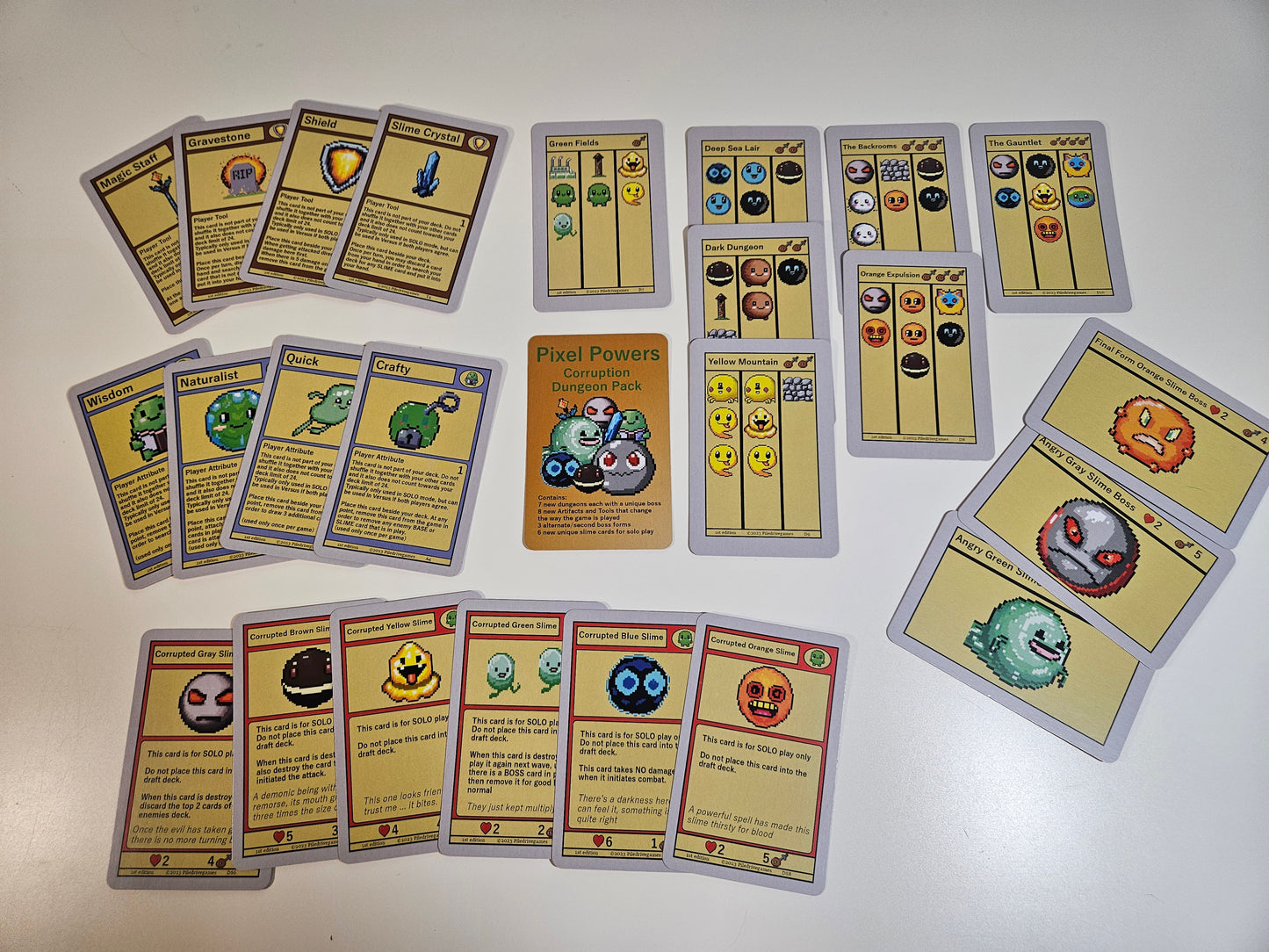Power creep intentionally disrupts the balance of a game, in order to suck consumers wallets dry. This is an unhealthy practice that needs to change!
Power creep refers to the gradual increase in the strength and capabilities of new cards or elements introduced in a Trading Card Game (TCG), surpassing the existing ones. While it might seem exciting initially, it ultimately proves to be detrimental to the overall player base and gameplay experience.
Power creep intentionally disrupts the balance of a game. When new cards consistently outclass older ones, players are heavily incentivized to purchase the new powerful pieces that have been released. Players invested in mastering existing cards can feel disheartened as their efforts are overshadowed by newer, more potent alternatives.
As with most things, power creep is a slippery slope. Once a TCG power creeps a little bit, from one standard rotation to the next - it is only time until the TCG is power creeping from set to set, to keep players on their seat and to force them to constantly buy new products every 2-3 months. (interesting that would line up nicely with the quarterly revenue numbers)
Power creep undermines the satisfaction of progression. TCGs thrive on the sense of achievement derived from building a formidable deck over time, and also experimenting with the unique situations you can pull yourself out of by using a card you are familiar with in an unexpected fashion. When newer cards instantly overshadow older ones this can lead to a decline in player motivation and engagement, as they will inevitably feel exploited over time.
While game developers argue that power creep enhances excitement and keeps the game fresh, it primarily serves as a marketing gimmick. Releasing increasingly powerful cards entices players to buy new expansions, boosting revenue. This short-term gain, however, risks compromising the game's long-term health by eroding player trust and causing dissatisfaction.
Power creep's negative impact on balance, player investment, progression satisfaction, and gameplay diversity makes it detrimental to the TCG player base. While the allure of stronger cards might seem appealing, the long-term consequences outweigh the short-term gains. Developers should prioritize maintaining a healthy and balanced game environment that encourages skillful play and rewards long-term commitment, rather than resorting to power creep as a marketing tactic.
New card sets should be small additions to the existing card sets that align in terms of power, as opposed to full on intentionally overpowered replacements designed to vacuum the consumers wallet.







